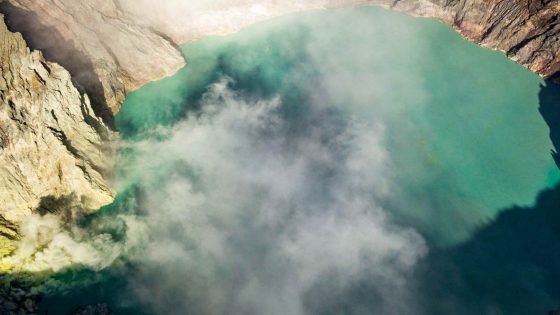Recent research has unveiled a significant groundwater reservoir beneath Oregon’s volcanic rock, estimated to hold around 81 cubic kilometers of water. This discovery, made public on 2025-05-31 17:21:00, far exceeds previous estimates and underscores the importance of this hidden resource in the context of climate change.
- Discovery of large groundwater reservoir in Oregon
- Volcanic formations enhance water storage capabilities
- Importance of water for climate change adaptation
- Groundwater supports ecosystems and wildfire resilience
- Link between groundwater and volcanic activity
- Need for better water management strategies
The findings have sparked renewed interest in Oregon’s volcanic peaks, revealing how geological formations can store vast amounts of water. As climate change intensifies, understanding these underground aquifers becomes crucial for water management.
This revelation prompts critical questions about water sustainability in the face of climate challenges. How can we ensure that this resource is effectively managed? The implications for urban and agricultural water supply are profound.
- The reservoir’s volume equals twice the storage capacity of the Columbia River.
- Groundwater may help sustain ecosystems and reduce wildfire risks.
- Understanding its dynamics is vital for future drought response strategies.
As researchers continue to explore these volcanic terrains, the insights gained will be essential for developing sustainable water management practices and mitigating the effects of climate change on regional communities.

































